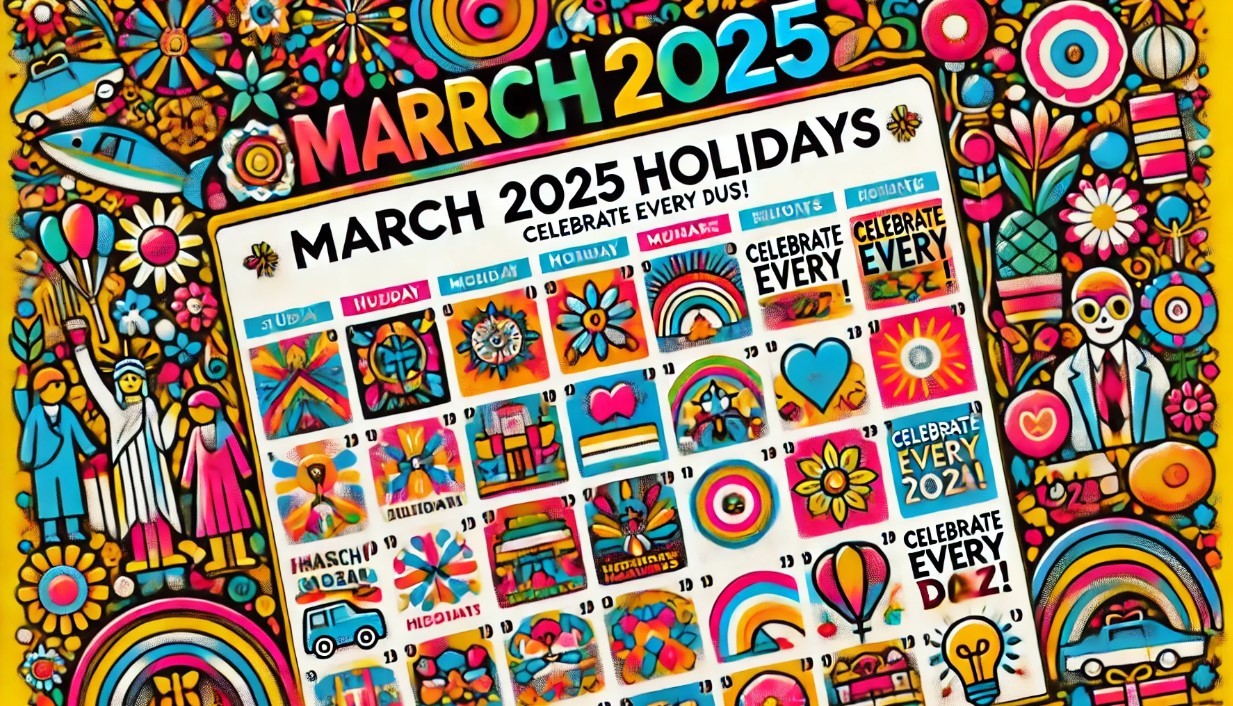What is Ramadan: Date, History, Original and Meaning
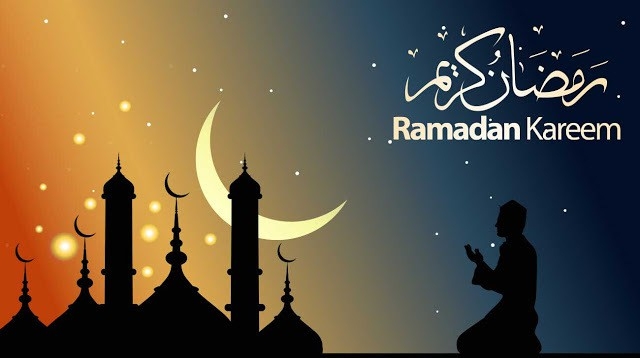 |
| What is Ramadan |
| Contents |
When was Ramadan, Islam’s holy month of fasting, first observed? And how have its practices changed? Here, Remona Aly considers its history and evolution across the world…
When is Ramadan in 2024?
The sacred period of Ramadan is set to commence on March 10, 2024. This month holds great significance for Muslims as it provides an opportunity for them to seek tranquility, experience spiritual rejuvenation, and demonstrate their unwavering commitment and dedication to God.
The Islamic calendar includes two major celebrations: Eid Al-Fitr and Eid Al-Adha. The latter begins when the Muslim month of fasting, prayer, and family time, Ramadan, comes to a close.
Why does Ramadan start on different dates every year?
Each year, Ramadan starts 10–12 days earlier. This is due to the lunar Hijri calendar, the basis for the Islamic calendar, which has months of 29 or 30 days.
It is expected that the first day of fasting in Mecca will be Thursday, March 23, but this is contingent on the sighting of the new moon.
Due to the 11-day discrepancy between the lunar and solar calendars, Ramadan will begin on January 5 and December 25 in 2030.
What is Ramadan and History
The pre-sunrise to sunset fast during Ramadan, the Muslim holy month, can last anywhere from 12 to 18 hours.
Over 1,400 years ago, Muslims believe the first verses of the Quran were revealed to the Prophet Muhammad during the month of Ramadan.
The lunar calendar, upon which the timing of Ramadan is based, advances by about 11 days annually, making it impossible to predict when the holy month will actually begin. According to forecasts, the year 2030 will feature not one but two Ramadans.
What does Ramadan Mean?
The pre-Islamic solar calendar used an image of great heat to represent the month of Ramadan. This month has a special significance in pre-Islamic Arabic culture because it was considered a month of peace.
It is appropriate to examine the "basis and the foundations" of Islamic spiritual practice during Ramadan, the month of abstinence.
The holiday season is about coming together and giving to others. Islamic belief is not dogmatic. Above all else, Ramadan is a "vision of the heart" that allows man to find his true self again.
As a result of Ramadan's fasting, people are more motivated to overcome their flaws and grow as human beings.
Self-discipline is central to the fasting principle. It's a statement of faith in the inherent dignity and autonomy of the human being in his pursuit of his most immediate, self-centered goals.
It's a sign of friendship with the hungry, who need our help to get out of their current predicament.
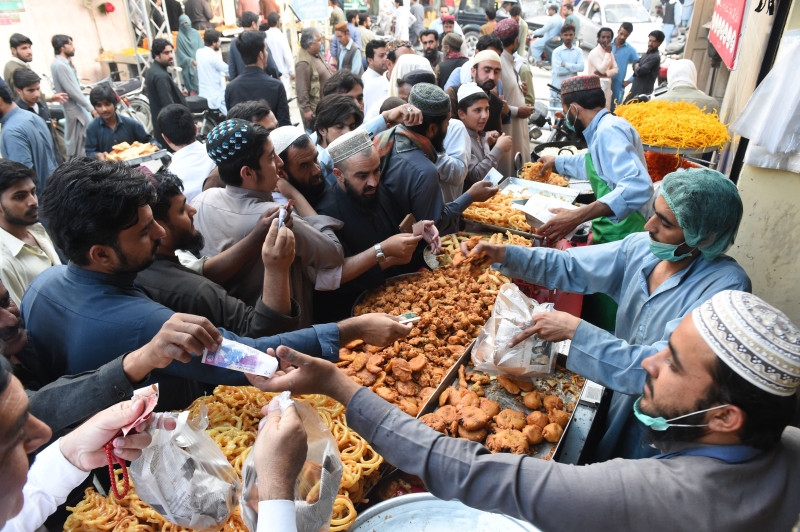 |
| Photo: Foreign Policy |
In Ramadan, people are encouraged to reach out to those who are different from them in terms of race, religion, or socioeconomic status. At sunset, Muslims break their fast, but rather than wolfing down a bunch of food, they should break the silence and the bread, and spend some time with their loved ones or in social settings like restaurants, cafes, and mosques.
What does it mean to Celebrate Eid al-Fitr?
The Arabic word for "festival of breaking the fast" is Eid al-Fitr, which marks the end of Ramadan. Traditions for celebrating Eid al-Fitr range from one country to the next, but they often involve spending time with loved ones, exchanging gifts, helping the less fortunate, and feasting.
The True Meaning of RamadanFasting is "accepted" and "validated" by God only if it is done with seriousness and devotion, not as a mechanical ritual. Fundamental to fasting is its spiritual meaning of cleansing and renunciation of material possessions. It's a time to focus on our loved ones and act selflessly and generously toward them. Finally, during the holy month of Ramadan, Muslims around the world unite in prayer, flock to mosques, and devote themselves fully to God, "the Merciful, the Compassionate." During the month of Ramadan, Muslims celebrate two major holidays: Laylat al-Qadr (also known as "The Night of Destiny") and Eid al-Fitr. The Night of Destiny occurs near the end of each month and is one of the holiest nights of the year because it marks the beginning of the time when the angel Gabriel revealed the Qur'an to the Prophet Muhammad. Most Muslims spend the night in mosques praying for this special occasion. |
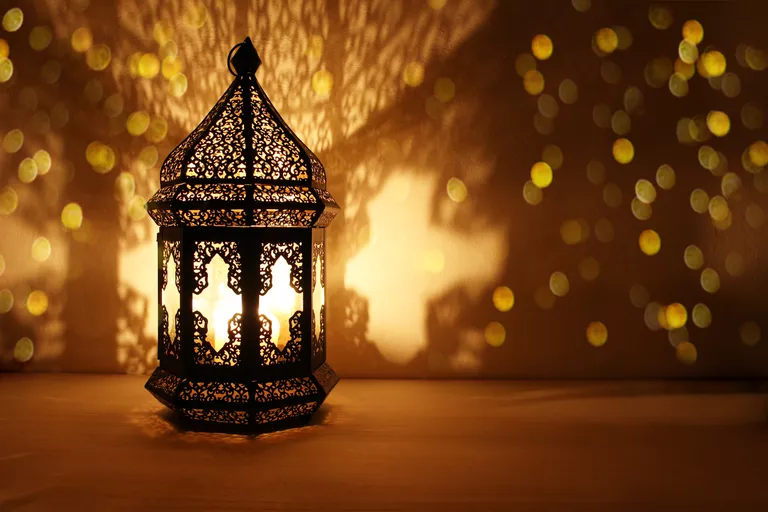 Ramadan: Dos and Donts, Why It Is The Most Important for The Muslim Community Ramadan: Dos and Donts, Why It Is The Most Important for The Muslim Community Ramadan is the ninth month of the Islamic lunar calendar, observed by practicing Muslims as a month of fasting, reflection, and prayer. It commemorates ... |
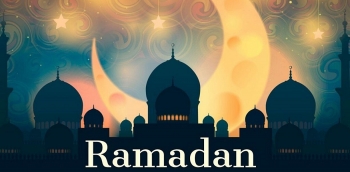 What to Eat and Avoid During Ramadan What to Eat and Avoid During Ramadan Ramadan, Islam's holiest month, is around the corner. What have you prepared for this special event? Check the article given below by Knowinsiders to ... |
 Eid-al-Fitr: What Is It, Why It Is Celebrated and How It’s Held Around the World Eid-al-Fitr: What Is It, Why It Is Celebrated and How It’s Held Around the World About 1.8 billion Muslims around the world will spend 30 days reflecting on their faith to celebrate Eid al-Fitr this month - the holy month ... |

